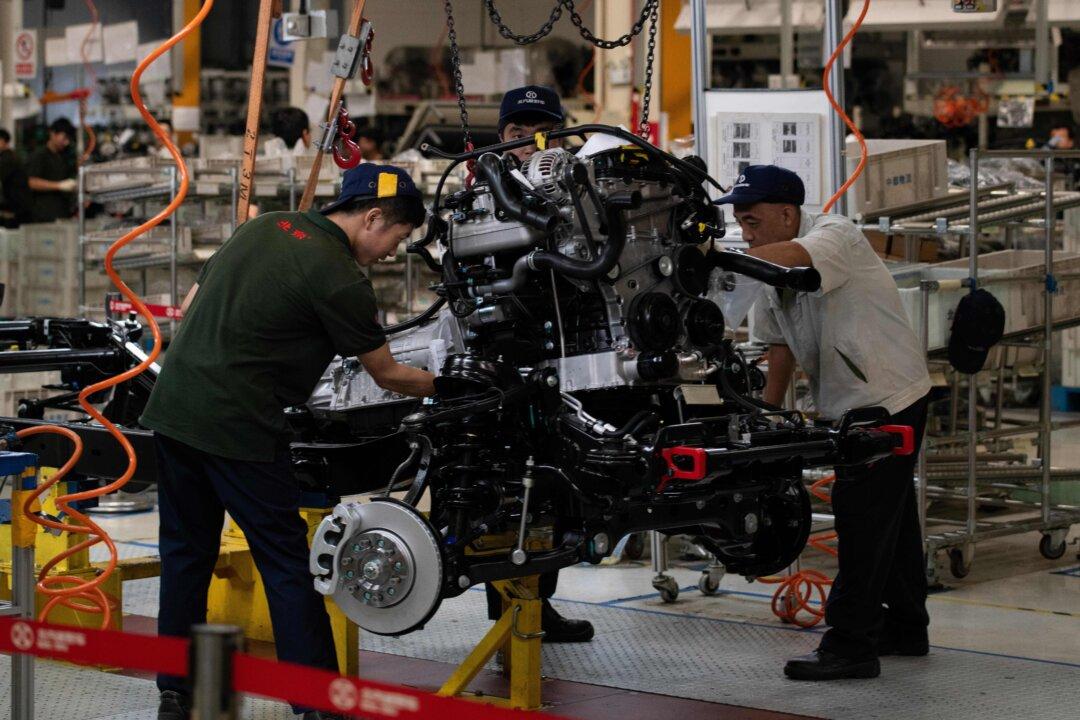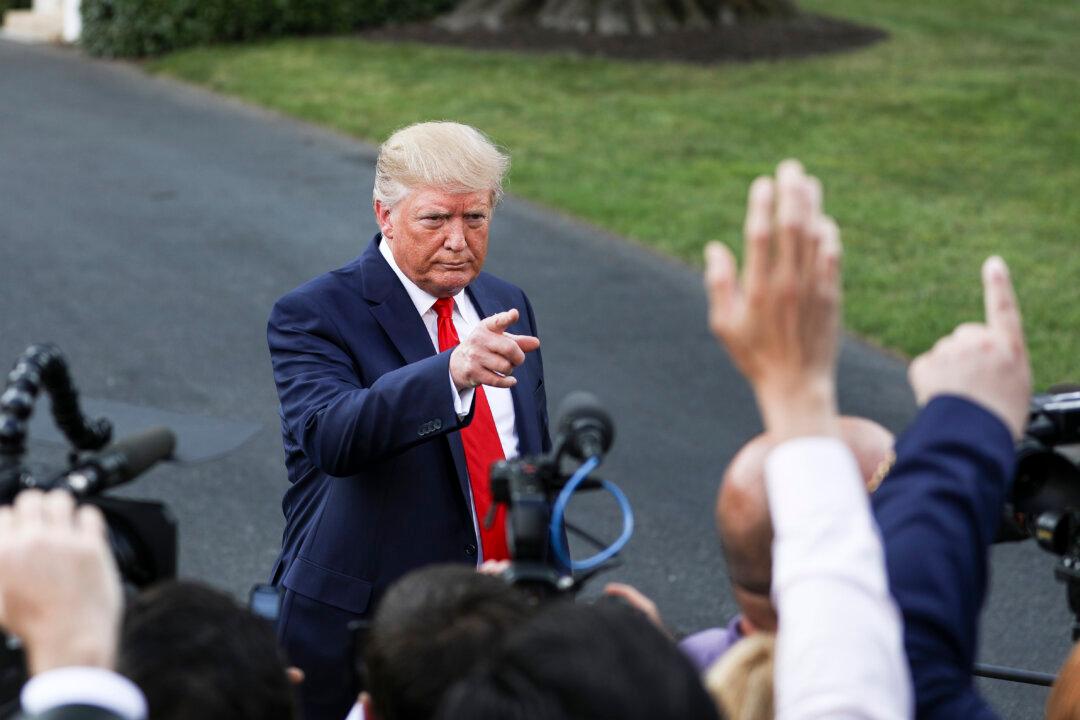Recent purchases by a Chinese automaker raise the prospect of China being able to interfere with our transport system.
Geely automotive (Zhejiang Geely Holding Group)—a Chinese global automotive group headquartered in Hangzhou, Zhejiang province, China—owns many recognizable brands such as Volvo cars and Lotus. Geely is also the largest shareholder of Volvo Group which owns Volvo Trucks, Mack Trucks (formerly an independent American company), Renault Trucks, Dongfeng, Volvo Busses, and Volvo Construction equipment.



